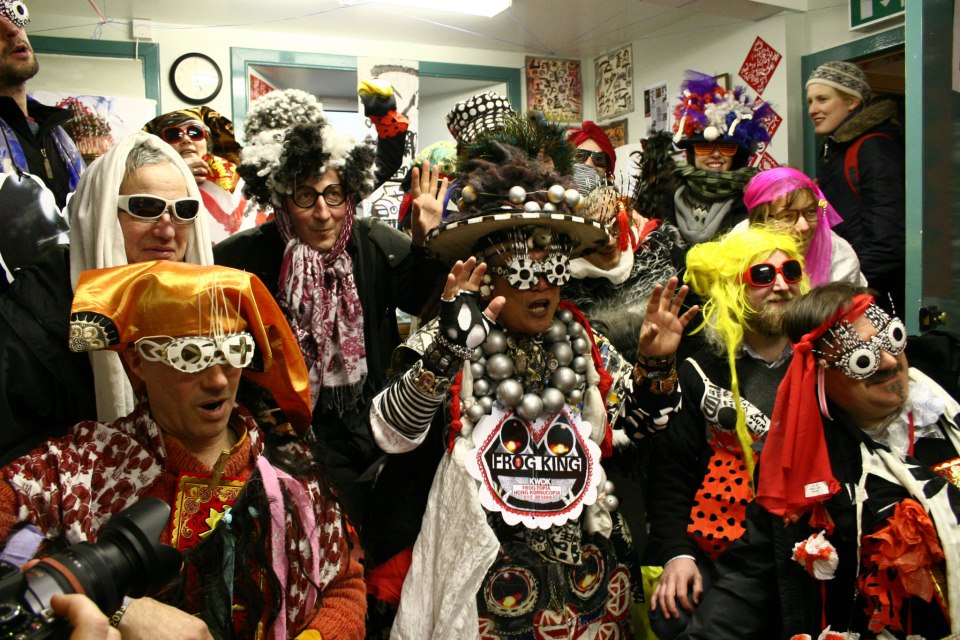[Savage Minds is pleased to publish this essay by guest author Sara Gonzalez as part of our Writers’ Workshop series. Sara is Assistant Professor of Anthropology at the University of Washington, Seattle. She works at the intersection of tribal historic preservation, colonial studies and public history, examining how archaeology can contribute to the capacity of tribal communities to study, manage, and represent their heritage. Her most recent project involves the creation of a community-based field school and training program in tribal historic preservation with the Confederated Tribes of Grand Ronde Community of Oregon’s Tribal Historic Preservation Department. Her recent publications include a co-edited a special issue of the SAA Record, “NAGPRA and the Next Generation of Collaboration,” as well as articles in American Antiquity and in Anthropocene.]
Writing is a responsibility in the academy. Through our writings we enter into dialogues with one another. From undergraduate thesis to dissertation, scholarly articles and monographs, our writing marks the trajectory of our careers. It forms the basis on which our peers and colleagues evaluate the contributions we make to discipline. But writing is more than a job responsibility of an academic. In writing anthropology, and in my case archaeology, there is an added responsibility to scrutinize how the histories we produce are connected to the lives and futures of the communities we study.
The formation of anthropology as a discipline in North America occurred at the same time as European and American governments dispossessed indigenous nations of their homelands. Coinciding with the closing of the Indian Wars in the late 19th century, the Bureau of Ethnology, later renamed the Bureau of American Ethnology, sponsored ethnographic and linguistic research on Native American communities. These “salvage ethnographies” documented the cultural traditions and lifeways of Native American tribes under the presumption that the combination of assimilationist policies and exposure to American lifeways would cause them to vanish entirely. Archaeologists followed suit, recording ancestral sites and collecting artifacts, as well as human remains in their attempt to document the cultural history of tribes. The objects and ancestors uncovered by archaeologists and others—often through dubious means—became specimens of national history; representations of a past that ceased to exist following the arrival of Europeans and their colonization of the continent. Given this colonial history, how can the work of these disciplines be used to disrupt colonial relations in the present? Continue reading

